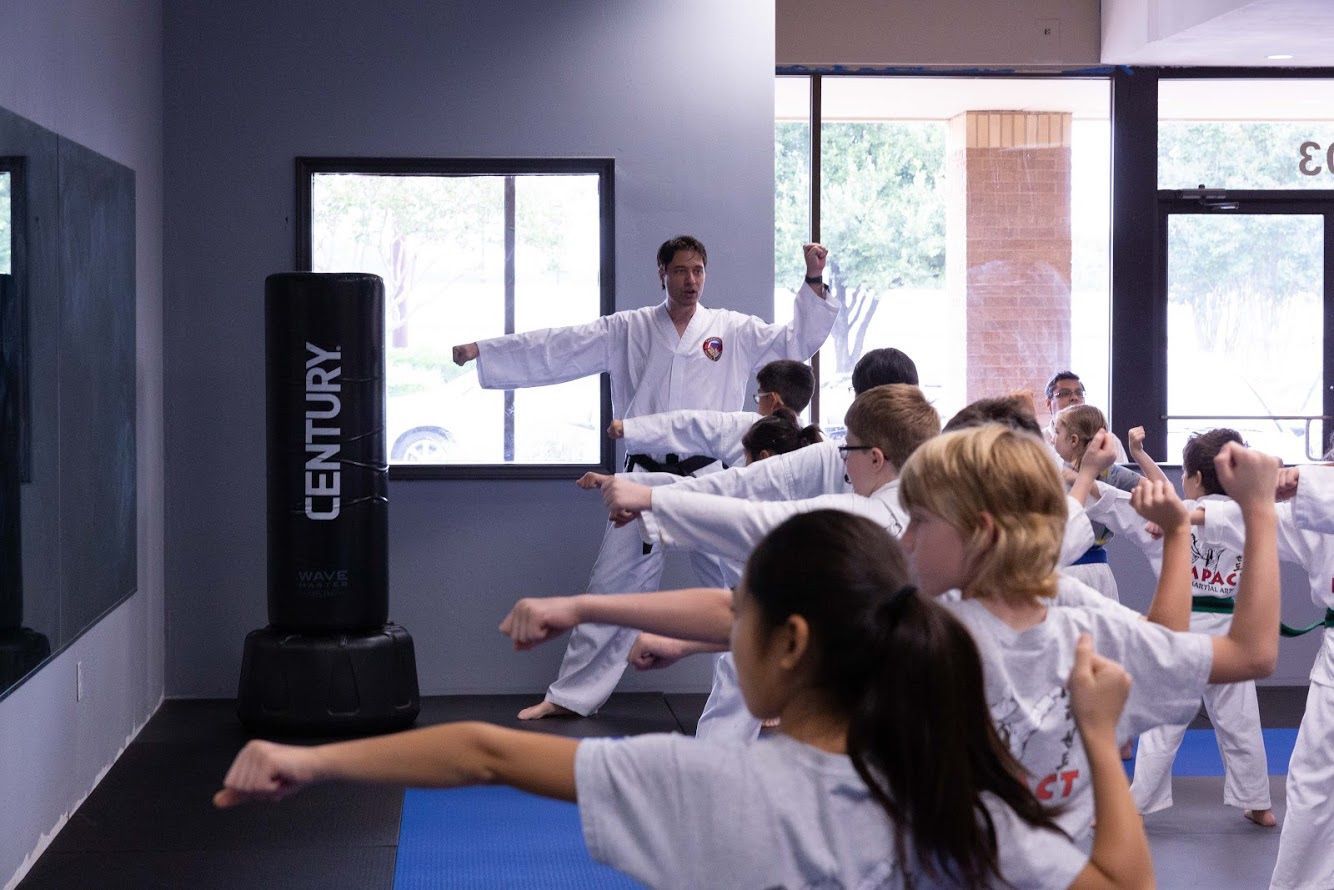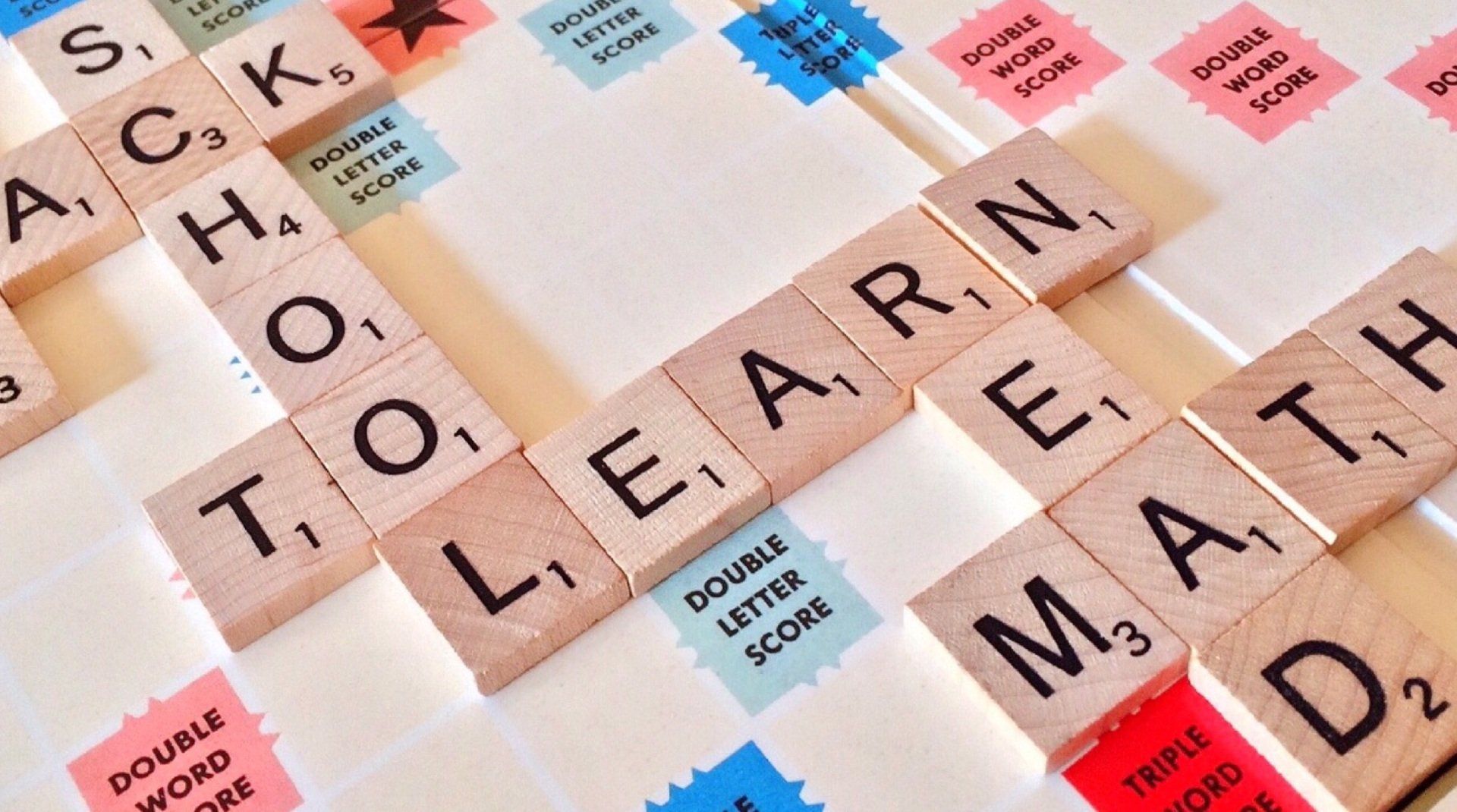Why Martial Arts is the Best Workout for Your Health and Happiness
How Taekwondo Can Help Your Child Achieve Physical Fitness and Mental Health
What if I told you that there is a simple and fun way to improve your child's fitness and happiness? You may think that I'm talking about some magic pill or some expensive gadget, but I'm not. I'm talking about taekwondo, a Korean martial art that focuses on kicking and agility.
Taekwondo can enhance your child's physical fitness and mental health, by improving their strength, flexibility, endurance, confidence, self-esteem, resilience, and concentration. These are essential skills for academic success and lifelong learning. In this article, I will show you how taekwondo can improve your child's fitness and happiness, based on scientific research and personal experience. I will also give you some practical tips on how to get started with taekwondo for your child. Whether you are a parent, a teacher, or a student, you will find this article useful and inspiring.
How taekwondo can improve your child's strength and flexibility
One of the most important benefits of taekwondo for your child's fitness and happiness is that it can improve their strength and flexibility. Taekwondo requires your child to use their whole body, especially their legs, to perform powerful and precise kicks, punches, and blocks. They have to coordinate their eyes, hands, feet, and breath. They have to balance their body and their mind.
For example, when your child learns a form, which is a sequence of movements, they have to remember each step and execute it with precision and power. They have to follow the rhythm and the tempo. They have to stretch their muscles and joints to achieve the optimal range of motion. This is a great exercise for their strength and flexibility.
Studies have shown that taekwondo can boost your child's strength and flexibility. For instance, a study by Kim et al. (2014) found that children who practiced taekwondo for 12 weeks improved their leg strength and flexibility more than children who did not. Another study by Kim et al. (2016) found that children who practiced taekwondo for 16 weeks improved their upper body strength and flexibility more than children who did not.
These skills are very helpful for your child's fitness and happiness. They can help your child develop a strong and flexible body, which can prevent injuries, improve posture, and increase performance in other sports and activities. They can also help your child feel more confident and capable of doing anything they set their mind to.
How taekwondo can improve your child's endurance and stamina
Another benefit of taekwondo for your child's fitness and happiness is that it can improve their endurance and stamina. Taekwondo challenges your child to maintain a high level of energy and intensity throughout the class, which can last from 30 minutes to an hour or more. They have to keep their heart rate and breathing up, while using their muscles and skills.
For example, when your child spars, which is a simulated combat with a partner, they have to find the best way to attack and defend. They have to move fast and agile, while avoiding or blocking the opponent's strikes. They have to use their endurance and stamina to last until the end of the round. This is a great exercise for their endurance and stamina.
Studies have shown that taekwondo can improve your child's endurance and stamina. For instance, a study by Kim et al. (2015) found that children who practiced taekwondo for 12 weeks improved their aerobic and anaerobic capacity more than children who did not. Another study by Kim et al. (2017) found that children who practiced taekwondo for 16 weeks improved their VO2max and lactate threshold more than children who did not.
These skills are very helpful for your child's fitness and happiness. They can help your child build a healthy and fit cardiovascular system, which can lower blood pressure, reduce cholesterol, and prevent obesity and diabetes. They can also help your child cope with stress, fatigue, and boredom, which can interfere with their learning and well-being.
How taekwondo can improve your child's confidence and self-esteem
A third benefit of taekwondo for your child's fitness and happiness is that it can improve their confidence and self-esteem. Taekwondo teaches your child to overcome challenges, set goals, and achieve results, which can boost their self-confidence and self-esteem. They have to face their fears, doubts, and failures, while learning from their mistakes and successes.
For example, when your child earns a belt, which is a symbol of their rank and progress, they have to demonstrate their skills and knowledge in front of the instructor and the class. They have to pass a test that covers their forms, techniques, and theory. They have to show their confidence and self-esteem in their performance. This is a great exercise for their confidence and self-esteem.
Studies have shown that taekwondo can improve your child's confidence and self-esteem. For instance, a study by Trulson (1986) found that children who practiced taekwondo for 18 weeks improved their self-confidence and self-esteem more than children who did not. Another study by Lee et al. (2018) found that children who practiced taekwondo for 12 weeks improved their self-efficacy and self-esteem more than children who did not.
These skills are very helpful for your child's fitness and happiness. They can help your child feel proud of themselves, their abilities, and their achievements, which can improve their academic performance, social skills, and mental well-being. They can also help your child overcome shyness, insecurity, and low self-esteem, which can affect their happiness and quality of life.
How taekwondo can improve your child's resilience and concentration
A fourth benefit of taekwondo for your child's fitness and happiness is that it can improve their resilience and concentration. Taekwondo helps your child cope with stress, frustration, and failure, which can develop their resilience and perseverance. They have to practice self-control, follow rules, respect others, and meditate.
For example, when your child breaks a board, which is a demonstration of their power and skill, they have to overcome the physical and mental barriers that prevent them from succeeding. They have to focus their mind and body on the target, while ignoring the pain and fear. They have to use their resilience and concentration to break the board. This is a great exercise for their resilience and concentration.
Studies have shown that taekwondo can improve your child's resilience and concentration. For instance, a study by Lakes and Hoyt (2004) found that children who practiced taekwondo for 14 weeks improved their attention and self-control more than children who did not. Another study by Fong and Ng (2011) found that children who practiced taekwondo for 12 weeks improved their selective attention and response inhibition more than children who did not.
These skills are very helpful for your child's fitness and happiness. They can help your child deal with difficulties, emotions, and distractions, which can enhance their learning, problem-solving, and creativity. They can also help your child develop a positive and optimistic attitude, which can increase their happiness and satisfaction.
How to get started with taekwondo for your child
Now that you know how taekwondo can improve your child's fitness and happiness, you may be wondering how to get started. Here are some practical tips:
• Find a reputable taekwondo school near you. You can search online, ask for recommendations, or visit different schools. Look for a school that has qualified instructors, a safe and clean facility, a friendly and supportive atmosphere, and a curriculum that suits your child's age and level. www.austinimpact.com
• Enroll your child in a trial class. Most taekwondo schools offer a free or discounted trial class for new students. This is a great way to see if your child likes taekwondo and if the school is a good fit. You can also observe the class, talk to the instructor, and ask questions.
• Get the necessary equipment. Your child will need a uniform, a belt, and a pair of shoes to practice taekwondo. Some schools may provide these items or sell them at a reasonable price. You can also buy them online or at a sporting goods store. Make sure the equipment is comfortable, durable, and appropriate for your child's size and style.
• Encourage your child to practice regularly. Taekwondo is a skill that requires consistent practice and dedication. Your child should attend classes at least twice a week and practice at home as well. You can help your child by setting a schedule, providing feedback, and celebrating their progress.
• Support your child's learning and growth. Taekwondo is not only a physical activity, but also a mental and emotional one. Your child will learn valuable lessons and face various challenges. You can support your child by being positive, respectful, and encouraging. You can also join your child in learning taekwondo or watch them perform at demonstrations and competitions.
Conclusion
Taekwondo is a wonderful martial art that can improve your child's fitness and happiness. It can improve their strength, flexibility, endurance, confidence, self-esteem, resilience, and concentration. It can also benefit their physical, mental, and social well-being. Taekwondo is easy to learn, fun to do, and rewarding to master.
If you want to give your child the gift of taekwondo, you can start today by following the tips in this article. You will be amazed by the results and the difference it will make in your child's life.


